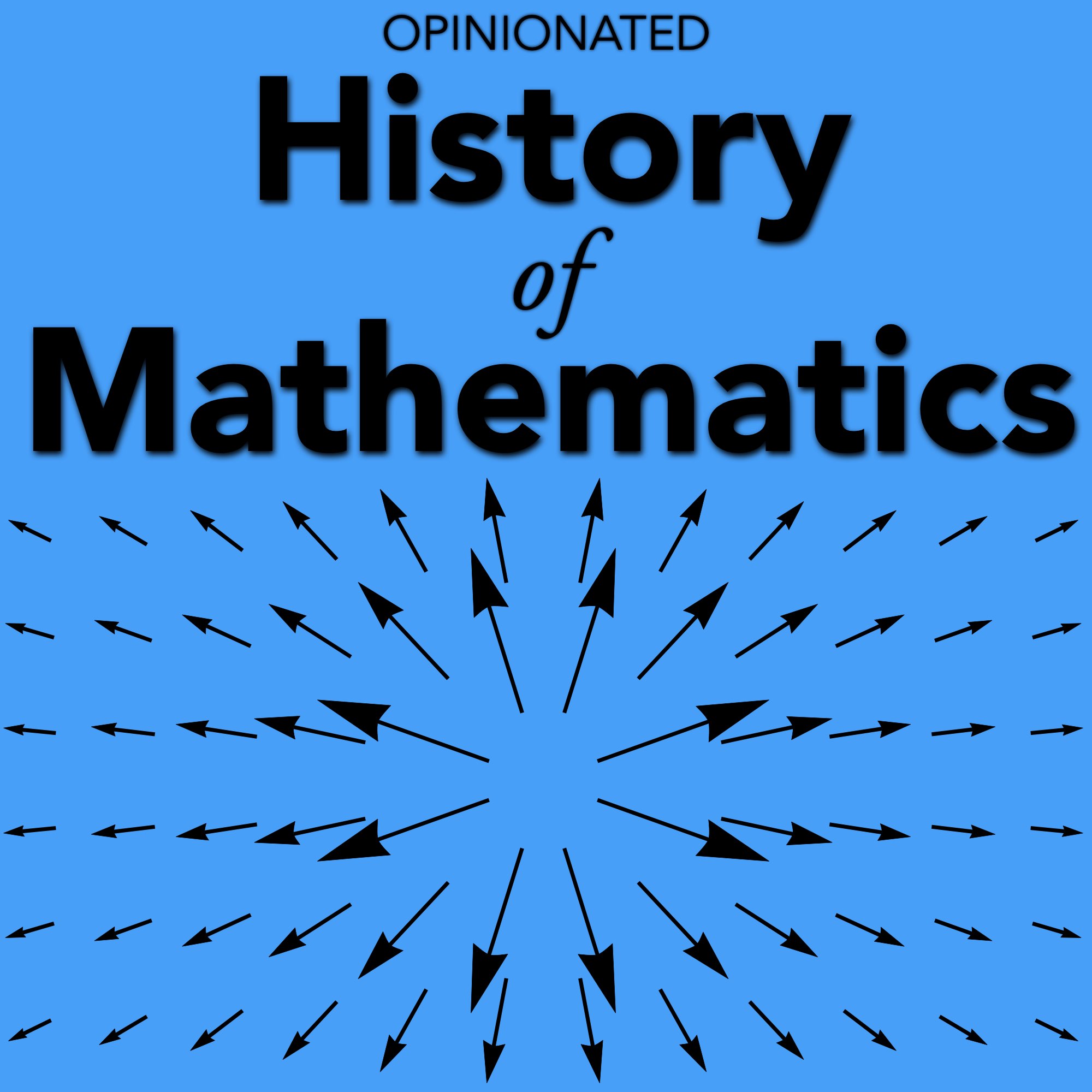Maker’s knowledge: early modern philosophical interpretations of geometry
Description
Philosophical movements in the 17th century tried to mimic the geometrical method of the ancients. Some saw Euclid—with his ruler and compass in hand—as a “doer,” and thus characterised geometry as a “maker’s knowledge.” Others got into a feud about what to do when Euclid was at odds with Aristotle. Descartes thought Euclid’s axioms should be justified via theology.
More Episodes
Copernicus’s planetary models contain elements also found in the works of late medieval Islamic astronomers associated with the Maragha School, including the Tusi couple and Ibn al-Shatir’s models for the Moon and Mercury. On this basis many historians have concluded that Copernicus must have...
Published 11/29/23
Published 11/29/23
Einstein’s theory of special relativity defines time and space operationally, that is to say, in terms of the actions performed to measure them. This is analogous to the constructivist spirit of classical geometry.
Published 07/23/23


